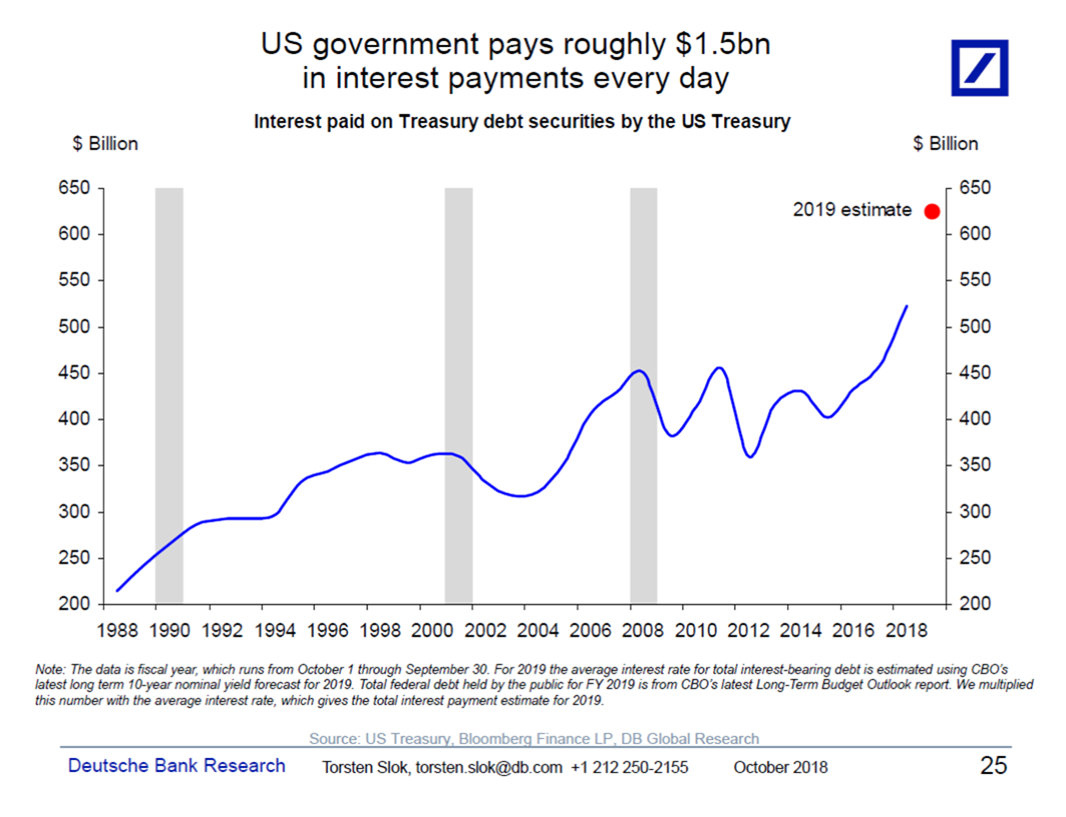 The first quote is from the foreword by Jack Schwager the ensuing excerpt in my opinion is one of the most important passages in ‘Reminiscences’. Enjoy!
The first quote is from the foreword by Jack Schwager the ensuing excerpt in my opinion is one of the most important passages in ‘Reminiscences’. Enjoy!
I did precisely the wrong thing. The cotton showed me a loss and I kept it. The wheat showed me a profit and I sold it out. Of all the speculative blunders there are few greater than trying to average a losing game. Always sell what shows you a loss and keep what shows you a profit.
In Fullerton’s there were the usual crowd. All
grades! Well, there was one old chap who was not like the others. To begin with, he was a much older man. Another thing was that he never volunteered advice and never bragged of his winnings. He was a great hand for listening very attentively to the others.
He did not seem very keen to get tips that is, he never asked the talkers what they’d heard or what they knew. But when somebody gave him one he always thanked the tipster very politely. Sometimes he thanked the tipster again when the tip turned out O.K. But if it went wrong he never whined, so that nobody could tell whether he followed it or let it slide by. It was a legend of the office that the old jigger was rich and could swing quite a line. But he wasn’t donating much to the firm in the way of commissions; at least not that anyone could see. His name was Partridge, but they nicknamed him Turkey behind his back, because he was so thick-chested and had a habit of strutting about the various rooms, with the point of his chin resting on his breast.
The customers, who were all eager to be shoved and forced into doing things so as to lay the blame for failure on others, used to go to old Partridge and tell him what some friend of a friend of an insider had advised them to do in a certain stock. They would tell him what they had not done with the tip so he would tell them what they ought to do. But whether the tip they had was to buy or to sell, the old chap’s answer was always the same.
The customer would finish the tale of his perplexity and then ask: “What do you think I ought to do?” (more…)

 Purely academic, non applicable information. Writing them out helps me organize these assumptions into ideas. Hopefully you find some use for them.
Purely academic, non applicable information. Writing them out helps me organize these assumptions into ideas. Hopefully you find some use for them.



